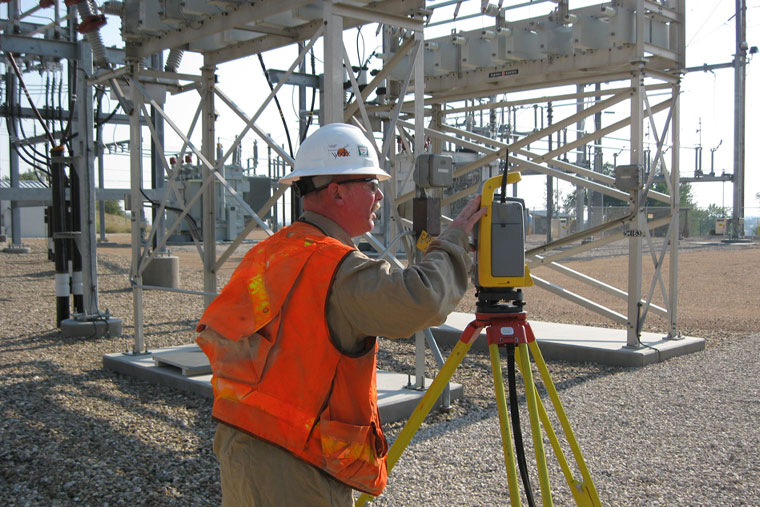Civil engineers are responsible for many designs that we utilize within our day-to-day lives. Without a civil engineer, the integral infrastructures that bring important resources to our communities, and make our lives easier in the process, would cease to exist. We’ve drilled down on the ins and outs of civil engineering below and why it’s essential to your project.
Who Are Civil Engineers?
Civil engineering is an important job and must be done with integrity, knowledge, and the intention of creating safe infrastructure and spaces for our communities. While it is difficult to say who civil engineers are in a short sentence or two, the American Society of Civil Engineers (ASCE) has a great definition:
Civil engineers design, build, and maintain the foundation for our modern society – our roads and bridges, drinking water and energy systems, seaports and airports, and the infrastructure for a cleaner environment, to name just a few.
What Do Civil Engineers Do?
Public and private infrastructure are needed to support the society we have created today. Roads that lead you to the places you need to be, clean water to your homes and businesses, and solutions to wastewater problems are some of the top needs civil engineers address. As you use these resources in your homes and communities, you can thank a civil engineer for creating the systems we use every day.
When Can You Anticipate Needing A Civil Engineer?
Any time a new infrastructure project is commenced, you can assume a civil engineer is behind the scenes putting the wheels in motion. All civil engineering design happens prior to construction. In cold climates, civil engineering often takes place during the winter so construction can be completed in the warmer, spring, summer and fall months. From design to project management to post-construction inspections, a civil engineer puts years of education, certifications, and degrees to work to ensure that each project is done correctly and that it will last for years to come.
Where Can Civil Engineers Work?
If all of the points mentioned above have not convinced you of the importance of hiring a civil engineer for your next project, then let their expertise speak for itself. In most circumstances, you will see that a civil engineer has a minimum of a bachelor’s degree in civil engineering, or in one of its specialties. In order to further their leadership, approve design plans, and provide services directly to the public, civil engineers are required to become licensed in the state or states they intend to practice in. These tests are very involved and require not only the coursework from their bachelor’s degree, but a knowledge of local and state statutes, regulations, and at least 4 years working actively under the supervision of another licensed Professional Engineer. While most states will recognize licenses from another state, it is important to check the credentials of a civil engineer before hiring to ensure they can perform the work in your area.
Why is a Civil Engineer Essential to my Project?
As with any project, the goal is to create a safe, durable solution to your client’s needs within the required and legal specifications and regulations. Likely, cost will also factor into how a project is commenced. Civil engineers are well-versed in managing projects of varying sizes, specifications, and budgets. Not only will a civil engineer take the headache of putting all these elements together to create a cohesive result you desire, but their license and education is important to designing safe, long-lasting and effective infrastructure.
WLC’s team of civil engineers is experienced and ready to complete your unique and intricate project. Reach out to our team to learn more about our process and how we can design the project you need.

